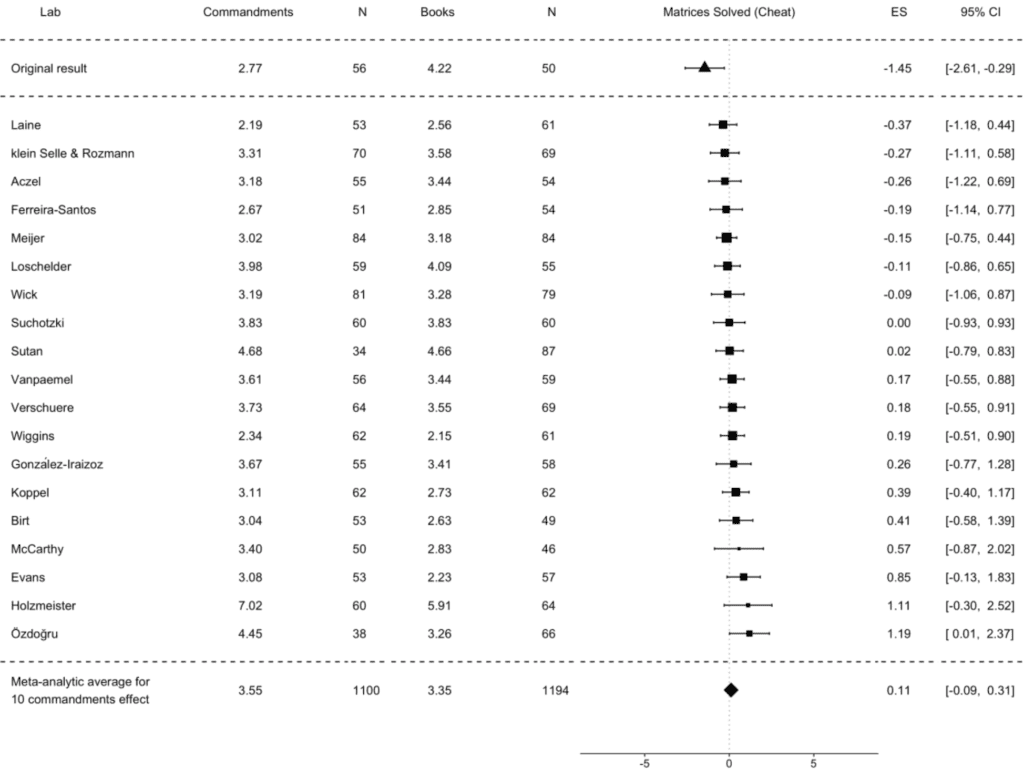The second edition of my book ‘Deep Learning from first principles:Second Edition- In vectorized Python, R and Octave’, is now available on Amazon, in both paperback ($14.99) and kindle ($9.99/Rs449/-) versions. Since this book is almost 70% code, all functions, and code snippets have been formatted to use the fixed-width font ‘Lucida Console’. In addition line numbers have been added to all code snippets. This makes the code more organized and much more readable. I have also fixed typos in the book
Why You Shouldn’t be a Data Science Generalist
By Jeremie Harris, Co-founder @SharpestMindsAI (Y Combinator W18)
A couple of thoughts regarding the hot hand fallacy fallacy
For many years we all believed the hot hand was a fallacy. It turns out we were all wrong. Fine. Such reversals happen.
Distilled News
Most AI Explainability Is Snake Oil. Ours Isn’t And Here’s Why.
Solve any Image Classification Problem Quickly and Easily
By Pedro Marcelino, Scientist, Engineer & Entrepreneur
RTutor: Better Incentive Contracts For Road Construction
Since about two weeks, I face a large additional traffic jam every morning due to a construction site on the road. When passing the construction site, often only few people or sometimes nobody seems to be working there. Being an economist, I really wonder how much of such traffic jams could be avoided with better contracts that give the construction company proper incentives to account for the social cost of the road blocking and therefore more often fully staff the constructing site and finish earlier.
Four Real-Life Machine Learning Use Cases
Sponsored Post.By Databricks.
Oh, I hate it when work is criticized (or, in this case, fails in attempted replications) and then the original researchers don’t even consider the possibility that maybe in their original work they were inadvertently just finding patterns in noise.
Gold-Mining Week 15 (2018)
The post Gold-Mining Week 15 (2018) appeared first on Fantasy Football Analytics.
R Packages worth a look
Curve Linear Regression via Dimension Reduction (clr)A new methodology for linear regression with both curve response and curve regressors, which is described in Cho, Goude, Brossat and Yao (2013) <doi …
